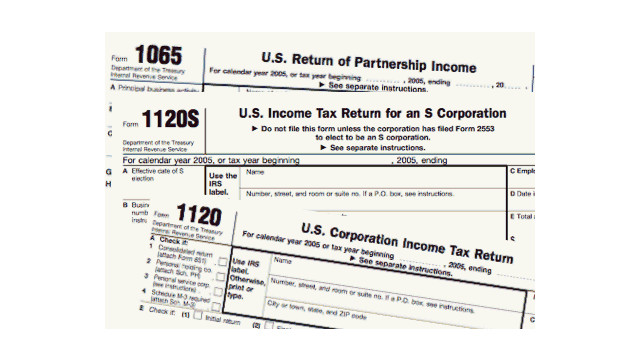There are a myriad of challenges and changes in the tax codes affecting their business clients each tax season. With an economy still trying to gain more certain footing, businesses facing new market conditions, and a constantly evolving IRS, the business and tax advisors at KBKG have identified three of the most significant changes the IRS has implemented, each of which can have strong impacts on businesses.
Here are the three most complex issues as KBKG outlines:
Employee Retention Credit (ERC)
The IRS recently suspended accepting new ERC claims through at least December 31, 2023, because of the increasing number of fraudulent claims and malpractice of the ERC program. Those that have already submitted an ERC claim can anticipate a longer processing time, as the IRS continues to file through the fraudulent claims. If it is believed that an already filed claim is erroneous, those that have submitted can withdraw the claim, even if it is already under audit. Those still looking to file an ERC claim can continue to do so under the strict guidance of the IRS and through a certified tax professional, like KBKG.
174 Research and Expenses
To pay for the tax cuts in the Tax Cuts and Jobs Act, beginning in 2022, Section 174 Expenses need to be amortized over 5 years (15 years for international), increasing many businesses’ taxable income. This change was always meant to be something that was corrected via legislation, leading many in early 2023 to believe that there would be a repeal. This impacts the Sec. 41 R&D Tax Credit in the following ways: The R&D Credit utilizes Section 174 expenses as the basis for the credit. With uncertainty around, and unwillingness to increase taxable income, many who qualify for the R&D Credit were hesitant to claim for the 2022 tax year or waited, in the hope of a repeal. Many still believe there will be a repeal of the amortization. However, it likely won’t be retroactive for 2022 and will apply for 2023 at earliest.
Green Building Tax Incentives (179D Deduction and 45L Tax Credit)
To maximize a claim for Green Building Tax Incentives, candidates must pay employees with prevailing wages, which can result in increased labor and project costs. Trying to qualify a project for Green Building Tax Incentives can result in increased costs, as energy-efficient materials typically cost more money. Tax-exempt entities can also benefit from the 179D Tax Deduction through a design rebate received from the project’s designer.
Tax service providers such as KBKG help clients navigate complex matters including the Employee Retention Credit, 174 Research and Expenses, and Green Building Tax Incentives like the 179D Deduction and 45L Credit. Due to the intricacy of these tax programs, KBKG only employs trusted IRS experts, CPAs, and accounting professionals who adhere to a strict code of ethics and provide solutions for clients with integrity at the forefront.
“KBKG has built a reputation in our industry by cultivating the best talent, understanding our clients’ needs, and exceeding their expectations,” said Gian Pazzia, CEO at KBKG. “The reason clients continue to partner with us is because their results are reflected in our values.”
Established in 1999 with offices across the U.S., KBKG provides turn-key tax solutions to CPAs and businesses, including Employee Retention Credits (ERC), Research and Development Tax Credits, Cost Segregation, Green Building Tax Incentives (45L Tax Credits and 179D Deductions), Transfer Pricing for multinational businesses, and more. KBKG has offices established throughout the country with employees located nationwide to better assist its partners and clients.
Thanks for reading CPA Practice Advisor!
Subscribe Already registered? Log In
Need more information? Read the FAQs
Tags: Income Taxes, IRS, Taxes




